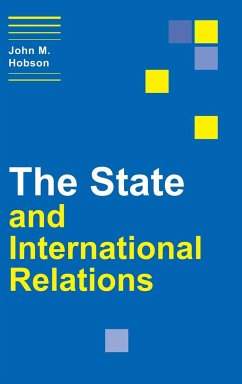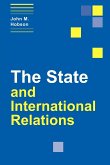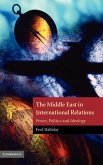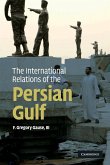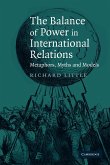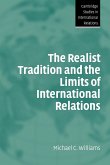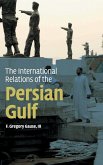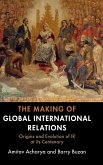This book provides students with a fresh overview of the main theories of the state found in International Relations. Many International Relation scholars are proclaiming the state to be 'dead', while others lament the lack of an adequate theory of the state in International Relations. John Hobson seeks to resolve this confusion by introducing readers to state theory, arguing that existing theories of the state are limited, and proposing a new framework based around the 'agent-structure' debate. The book surveys realist, liberal, Marxist, constructivist and neo-Weberian approaches to the state, and places each perspective's view of the state in relation to its theory of International Relations as a whole. It offers readers a unique introduction to state theory in International Relations, and will be of interest to students and scholars of sociology and politics, as well as International Relations.
Table of contents:
1. What's at stake in the second state debate? Concepts and issues; Part I. Traditional Theories of the State and International Relations: 2. Realism; 3. Liberalism; Part II. Recent Sociological Theories of the State and International Relations: 4. Marxism; 5. Constructivism; 6. Weberian historical sociology; Part III. Conclusion: Proposing a 'Structurationist' Theory of the Constitutive State and Global Politics: 7. Summarising the 'second state debate': turning IR theory upside-down.
This book provides a fresh overview of theories of the state found in International Relations. The author surveys realist, liberal, Marxist, constructivist and neo-Weberian approaches, and offers a unique introduction to the subject. The book will be of interest to students of sociology and politics, as well as International Relations.
A fresh overview of theories of the state found in International Relations.
Table of contents:
1. What's at stake in the second state debate? Concepts and issues; Part I. Traditional Theories of the State and International Relations: 2. Realism; 3. Liberalism; Part II. Recent Sociological Theories of the State and International Relations: 4. Marxism; 5. Constructivism; 6. Weberian historical sociology; Part III. Conclusion: Proposing a 'Structurationist' Theory of the Constitutive State and Global Politics: 7. Summarising the 'second state debate': turning IR theory upside-down.
This book provides a fresh overview of theories of the state found in International Relations. The author surveys realist, liberal, Marxist, constructivist and neo-Weberian approaches, and offers a unique introduction to the subject. The book will be of interest to students of sociology and politics, as well as International Relations.
A fresh overview of theories of the state found in International Relations.

